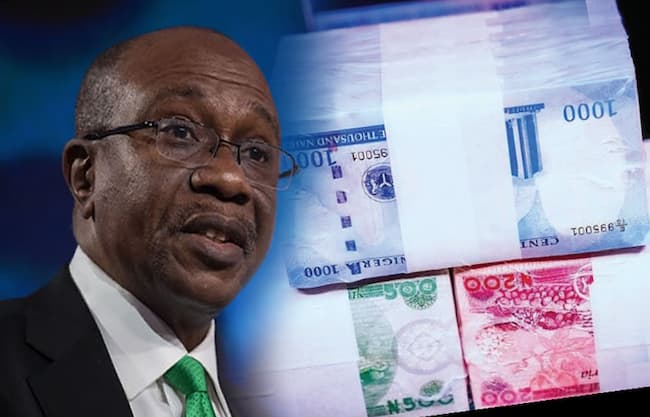While economists anticipated a local currency depreciation, the naira traded steadily across foreign exchange (forex) markets despite U.S. supremacy.
The US dollar continues to dominate most foreign currency transactions in Nigeria, driving sustained demand for the dollar upward across markets. According to data from the FMDQ Exchange platform, demand for the dollar decreased somewhat across all market categories. Foreign exchange dealers maintained bids in the range of N463 and N470.
According to the consensus of Bradstreet analysts, the value of local currency would decrease to an average of N500 per US dollar in 2023. President Bola Tinubu makes suggestions in his inauguration speech regarding potential currency reforms to remove the multi-tiered exchange rate in the nation.
The biggest economy in Africa is struggling with a lack of foreign currency as a result of a fall in foreign investment inflows. While the apex bank continues to refund bids from secondary market intervention auction sales, the backlog of foreign exchange has also been increasing.
The Central Bank of Nigeria (CBN) increased its margin after selling the US dollar at N645 last week, which put pressure on the currency rate in Nigeria. The naira advanced against the US dollar and stabilized at the investors’ and exporters’ FX window after the central bank refuted rumors of local currency devaluation as modest amounts of business were conducted by market players.
Naira to US dollar exchange rates remained unchanged at N464.67. In contrast, there was an increase of 0.25% to N750 from N752 amidst a slowdown in speculative buying. One-month, three-month, and one-year naira-dollar forward rates closed at N477.19, N504.86, and 558.17, respectively, indicating N5.29, N6.44, and N7.62 gains, according to Cowry Asset Management analysts.
Analysts noted a bleak outlook for foreign receipts from crude oil sales. Bonny and Brent declined to $72/barrel level at the week start, before finally finding momentum at the close of the week to settle at $74/barrel level. Elsewhere, the Organisation of Petroleum Exporting Countries and Allies (OPEC+) cut Nigeria’s quota by 20%, signal addition downsides to fiscal performance.













